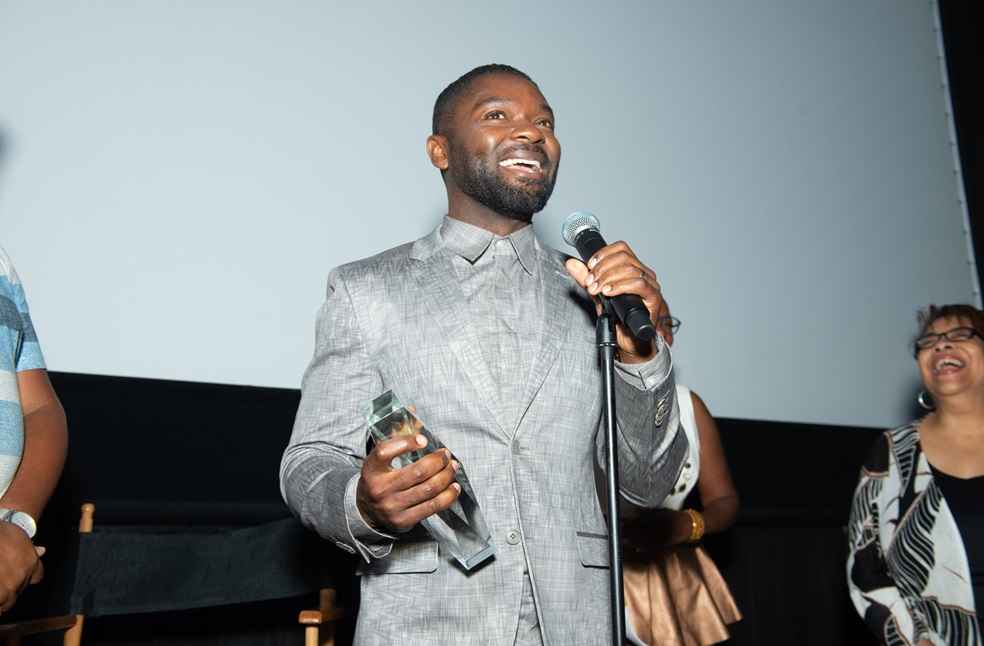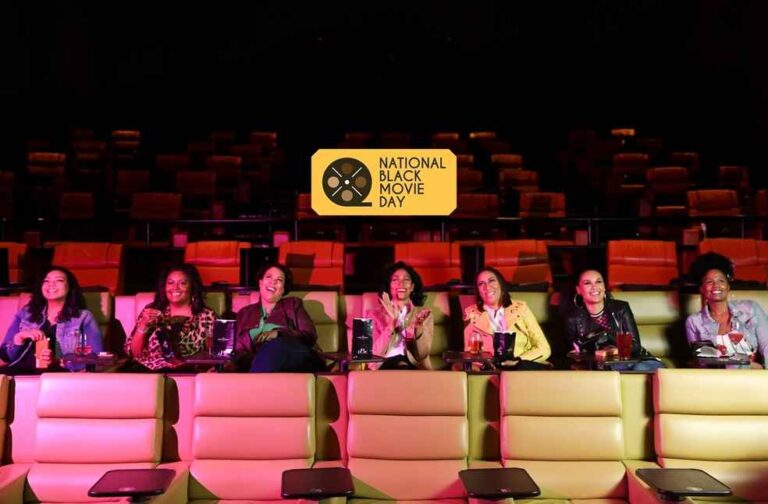Washington: National Black Movie Day is becoming a new sensation and is shaping up to be more than just a celebration. In 2015, the campaign “Oscars So White” was launched, calling out the systematic exclusion of Black filmmakers and films from the annual awards ceremony.
Agnes Moss stewed on this issue for a few years. She was also offended by the dismissal of black-led films, which eventually led to the creation of National Black Movie Day (NBMD). Since 2019, Moss has held her own annual “call to action to support Black films,” a grassroots step that has attained momentum in association with local corporations and social media influencers.
February 17th marks the fifth NBMD, and Moss stated that this year is different because moviegoers have numerous black films to check out. Students from historically black colleges, members of civic organizations, and others are planning block parties, house parties, and screenings in Atlanta, New York, Los Angeles, Washington, D.C., Houston, and Chicago.
The National Black Movie Association President, Moss has stated that, “It’s truly gratifying to know that movie lovers across the country will be gathering to celebrate the legacy of Black storytelling. We are all celebrating Black life and culture on the big screen.”

The day grew from its infancy and awareness spread to a few cities. Moss said that “Thousands are expected to attend National Black Movie Day, with Oscar-nominated films like American Fiction and The Color Purple, screened alongside thought-provoking movies like Origin, The Book of Clarence, One Love and many others in theatres or streaming.”
Actor David Oyelowo expressed that, he is a big believer while expressing his support for NBMD. According to Oyelowo and others, Moss felt compelled to create a day to focus on Black films to underscore a point that, despite the uptick in movies, there’s always concern these efforts will erode.
“I don’t think we can afford to make the mistake we’ve made in the past or thinking that a moment like this is the new normal. In the wake of the George Floyd murder and all of those promises and policies that were made not just by Hollywood, but beyond as well, we see a dramatic pullback and a dramatic lack of meeting those promises,” he said.
“There is a very real chance that in the next two to three years, there will be another call of ‘Oscars So White,’ so we cannot afford to rest on our laurels. We cannot afford to stop keeping the industry accountable, but also we cannot afford to keep asking to be let into spaces and places that probably weren’t really designed with us in mind,” the actor added.
A 2023 study showed that the number of films released in 2022 with a main black lead actor increased by 30.1 percent over the previous year. However, the number of films with black stories dropped by 16.7 percent to just 35.
John Gibson, vice president of external and multicultural affairs for the Motion Picture Association remarked that “We still have a really, really, really, really, long ways to go.” As Martin Luther King Jr. in “Selma,” among others, Oyelowo teamed up with Nate Parker from “Red Tails” to launch Mansa, an online streaming service for Black filmmakers.

Further, the actor has stated that they created Mansa out of necessity like Moss. “I love working in Hollywood. But we have been in the industry for a long time now and we’ve made things that we’re very proud of, but we almost always have to beg people who don’t necessarily share our cultural experience, or the value that we place on some of the things we make.”
“We almost always have to go to them to distribute the work, to hopefully value the work, to market the work, to be the ones to communicate to our audience what the work is and what its value and intention are,” he remarked.
Oyelowo has quoted that, “There’s something incredibly empowering to know that the richest man and the richest kingdom the world has ever seen was African. And that’s how we think of Mansa. There is a wealth of films that the general public might not be aware of, or Black people might not be aware of, because they were not given the platform.”
There’s a wealth of talent. There’s a wealth of content. There’s a wealth of culture that, globally speaking, the value of it is not being yelled from the rooftops in a way it should be,” Oyelowo commented. National Black Movie Day and Mansa, which aim to educate and inspire Black moviegoers, respectively, have been created in response to those perceived shortcomings.
“It just felt like the right time, a combination of probably a build-up of frustration, but also just recognizing that streaming has shown us that there is a gap between what Hollywood says the global audience wants to see and what the data is telling us,” Oyelowo noted.
Gibson has studied the data as well, and he said for Black people and films, it comes down to a basic concept. He emphasized that, “People want to see themselves and they want to see 360-degree versions of themselves. And so you have to do accurate portrayals of communities, and they aren’t always pretty.”
“But you balance them with the aspirational, the inspirational and escapism content. So, we have a responsibility to make sure that we have writers and directors and cinematographers from all of these amazing communities to present fair and balanced portrayals,” he stated.



